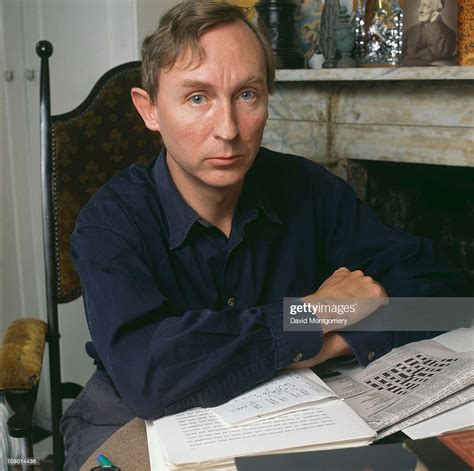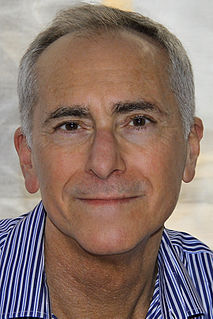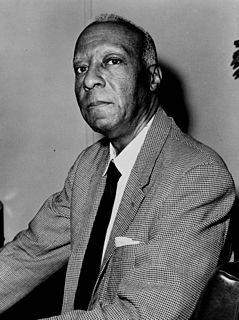Top 1200 You Quotes & Sayings - Page 3
Explore popular You quotes.
Last updated on April 22, 2025.
In the past, I used to counter any such notions by asking myself: 'Would you really want President Hattersley?' I now find that possibility rather cheers me up. With his chubby, Dickensian features and his knowledge of T.H. Green and other harmless leftish political classics, Hattersley might not be such a bad thing after all.
Some things are very low profile, but if they excite me creatively, I accept them. Sometimes there are high-profile projects, and you have to do it. We all have human limitations. It is a painful decision to turn things down. Even accepting 'Slumdog Millionaire' was a decision that I had to sacrifice another project.
When Christians start thinking about Jesus, things start breaking down, they lose their faith. It's perfectly possible to go to church every Sunday and not ask any questions, just because you like it as a way of life. They fear that if they ask questions they'll lose their Christ, the very linchpin of their religion.
The institution of marriage works better when there's a spiritual connection. If you're marrying just for the sake of the woman, then you may lose interest in each other very soon. When we marry in the interest of the Holy Spirit with the intention of serving God and humanity, then it gives a much larger perspective.







